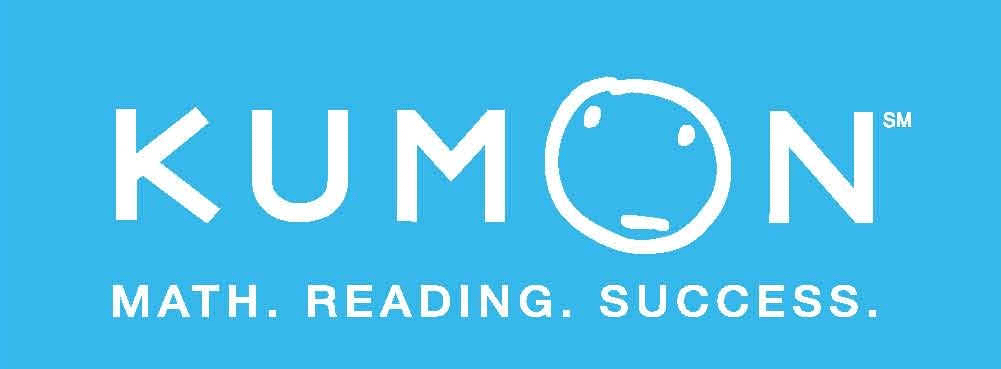News from Professional Educators of Tennessee
Data Collection, Transparency, and Student Privacy
JC Bowman
Professional Educators of Tennessee have consistently advocated prioritizing student privacy, the appropriate use of student data, and a balance between student protection and support for innovation and legitimate educational progress. While we are concerned about excessive regulations, we want to emphasize the importance of individual privacy rights in biometric data collection, including transparency and opt-in options.
Parent consent is essential for collecting biometric data when dealing with minor children. States and schools should clearly state which vendors they are using to collect data and how those vendors will utilize that data.
At the federal level, we need to modernize the Family Educational Rights and Privacy Act (FERPA) to better protect students. Key updates should prioritize the explicit protection of online student data. Access to “directory information” in the digital age—such as email addresses, photos, and social media handles—should be limited to prevent potential misuse. Furthermore, stricter data security measures should be enforced in schools, and clear guidelines should be established for sharing data with third-party educational technology vendors.
Our state has a valuable opportunity to enhance data privacy rights in education, empowering individuals to take control of their personal information while ensuring that schools collect only essential data. It is important to provide individuals with easy access to their data and the choice to opt-in and limit non-educational data collection. Furthermore, establishing legal recourse for privacy violations will strengthen trust in our education system.
By actively protecting personal data and requiring regular reviews of algorithms, the state can uphold civil rights and promote fairness. Additionally, Local Education Agencies (LEAs) and schools should implement robust data security standards, with administrators playing a key role in safeguarding this important information. We can create a safer, more transparent educational environment for everyone.
Across the country, schools and districts are also taking a stand and filing lawsuits against major social media companies, including Meta, Facebook, Instagram, and TikTok, in response to serious concerns about student safety and mental health. In Tennessee, the Clarksville-Montgomery School System (CMCSS) asserts that these companies fail to implement adequate controls to block access to harmful content, directly contributing to alarming issues such as mental health crises, cyberbullying, and school violence. This lawsuit underscores the urgent need for stricter regulation of social media platforms to protect our children.
As a state and a nation, we must work to improve data privacy rights, enabling individuals to manage their personal information and opt out of non-essential data collection. We must also establish legal recourse for privacy violations to build trust in the education system. Policymakers must place greater importance on protecting personal data, conducting regular algorithm reviews, and implementing strong data security standards in schools, with parents and administrators playing a vital role.
We must prioritize limiting data collection, transparency, and the protection of student privacy. Only by doing so can we foster a trustworthy environment that empowers our students and safeguards their information.
Professional Educators of Tennessee is a non-partisan teacher association located in Nashville, Tennessee. Permission to reprint in whole or in part is hereby granted, provided that the author and the association are properly cited.
























Leave feedback about this